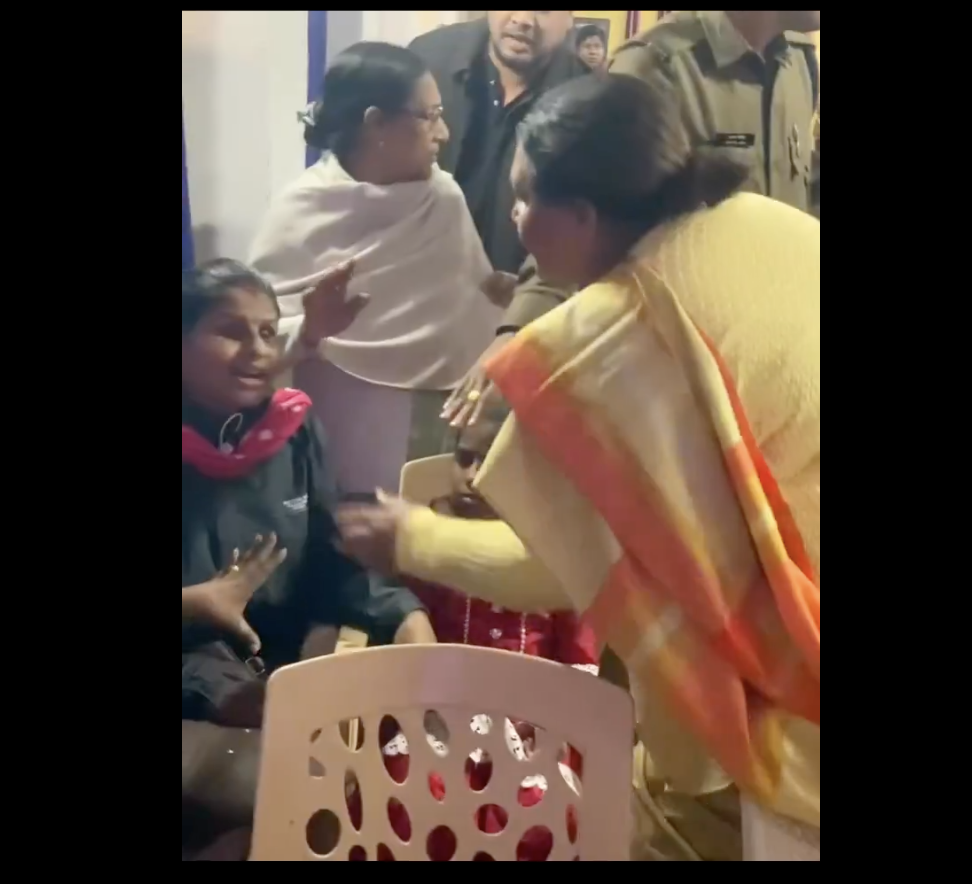
I was in India in 2018 for my fourth Hindustani music residence when TM Krishna was again targeted by adherents of Hindutva. They were infuriated by the Carnatic singer, because his concerts included songs about Jesus in Malayalam and Allah in Tamil, verses by 12th-century philosopher Basava and 21st-century author Perumal Murugan and bhajans by anti-colonialist Gandhi and poet-sant Tukaram.
Pluralism is risky business in present-day India.
For the advocates of Hindutva, such a set list is unacceptable. It threatens the legitimacy of the supremacist project. That is, their quarrying of India’s pluralist-secularist foundations with an attempt to construct, in its place, a Hindu rashtra, “where some Indians will be more equal than others”. Their allegations against Krishna were, by then, routine: “anti-nationalist! anti-Hindu!” Calls were made from above and threats were issued from below, and the concert coordinators were harassed until Krishna’s programme was cancelled.
Though the intolerance of pluralism is not an India-only problem, this variety spills across that country and its diaspora. But the tenor of intimidation differs between the two. Whereas a performer’s life and livelihood in India is at risk from vigilante publics emboldened by state apparatuses, the campaigns in the diaspora are coordinated by-and-large by a professional-managerial class. Earlier in 2018, in Maryland, a temple cancelled Krishna’s concert after pressure from such subscribers of Hindutva who did not like that he sang Christian hymns.
This story was originally published in scroll.in. Read the full story here.






